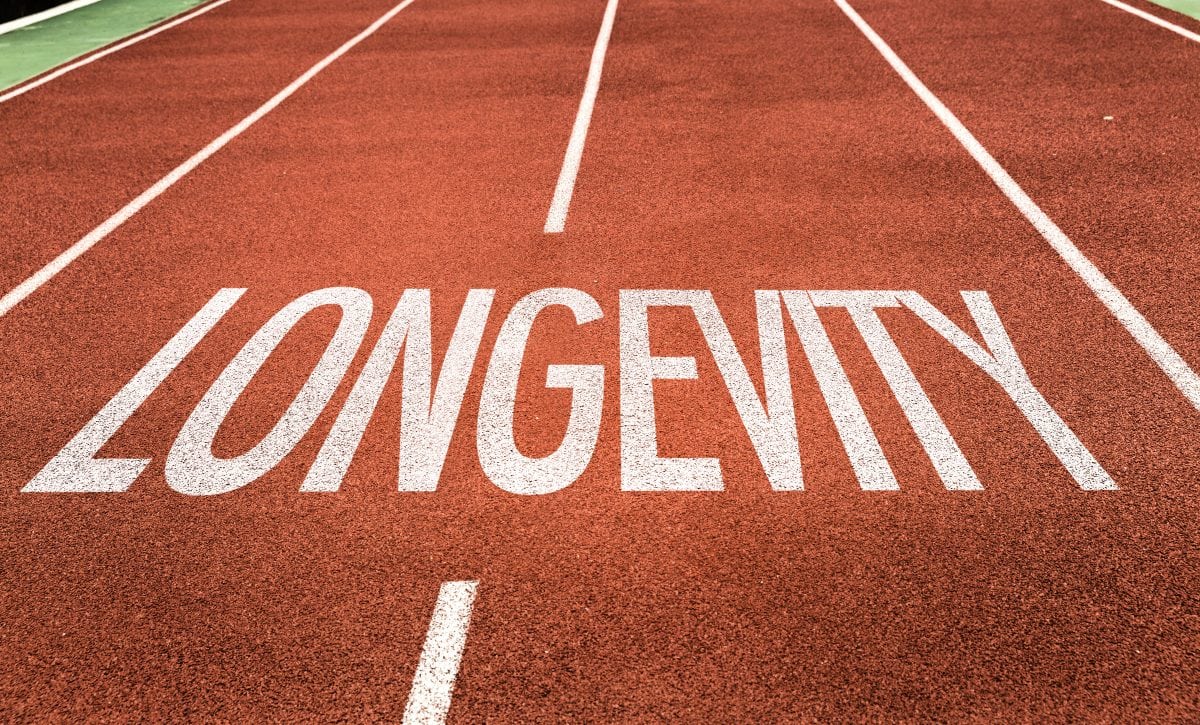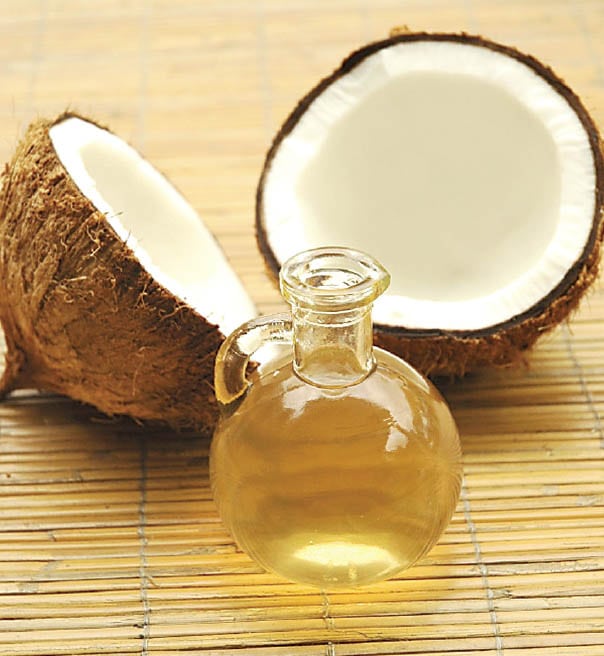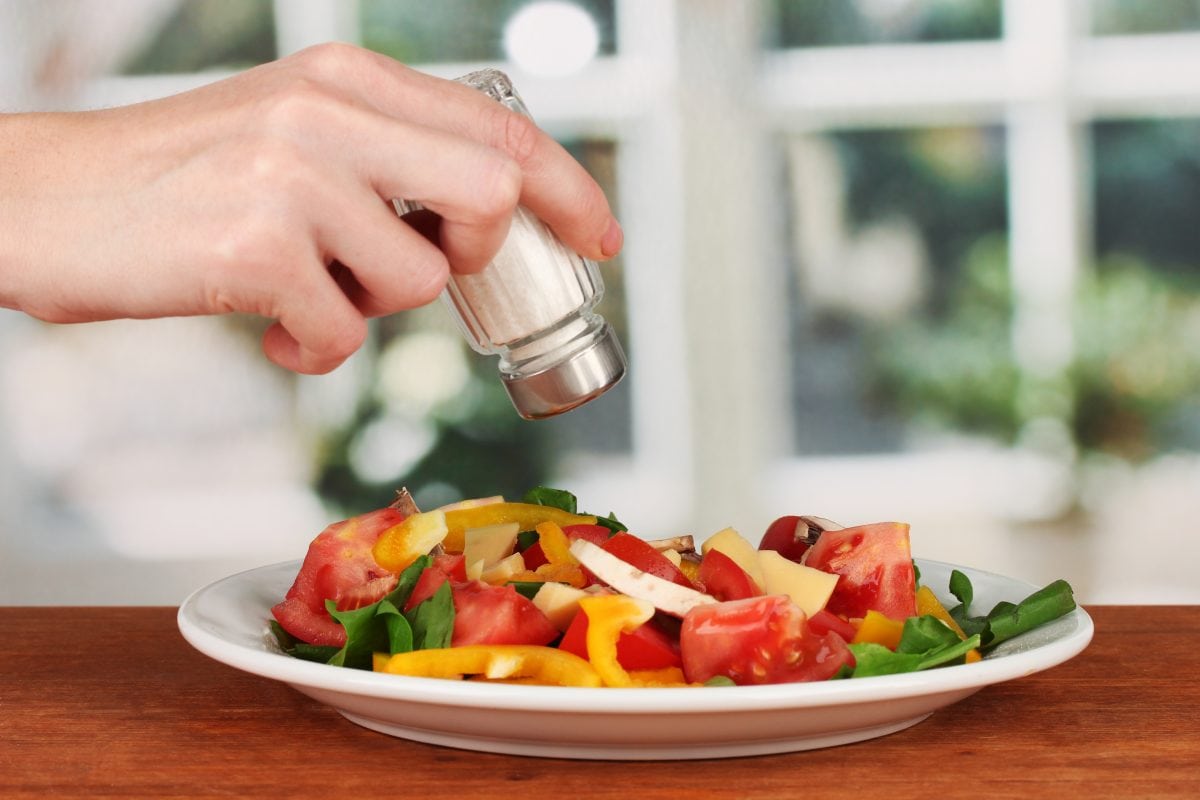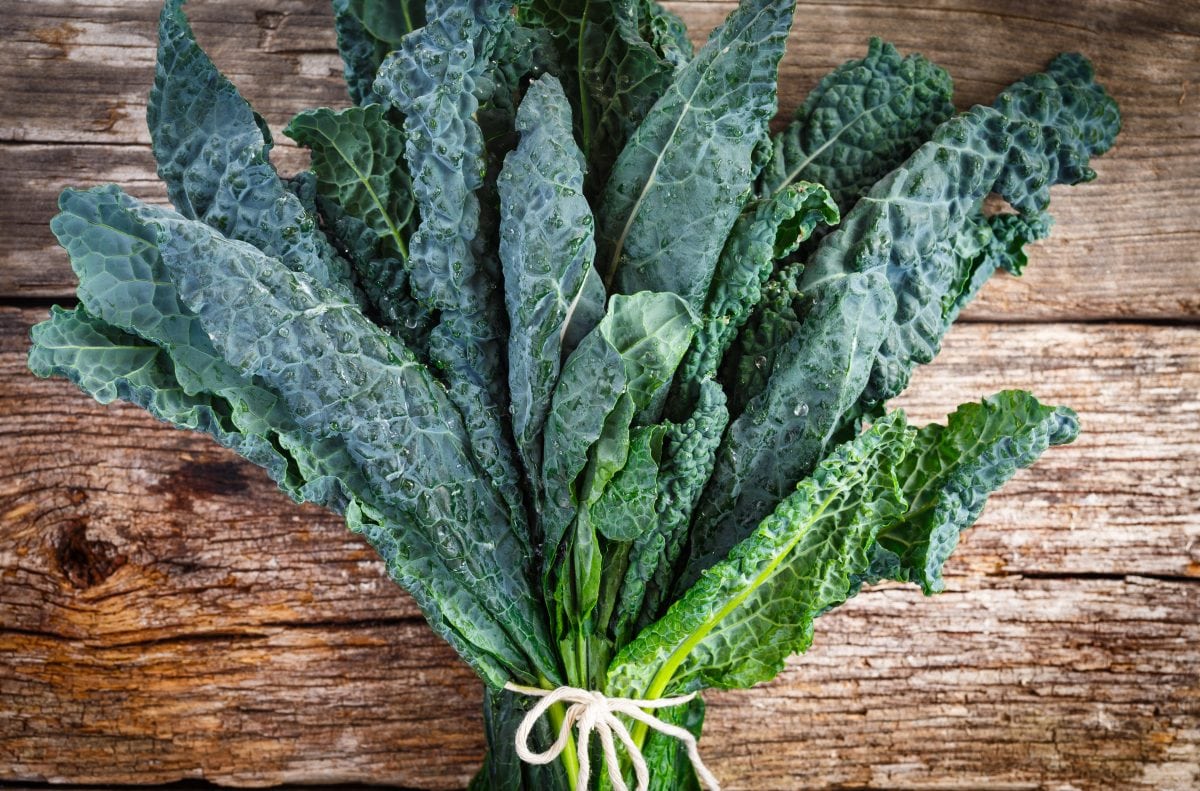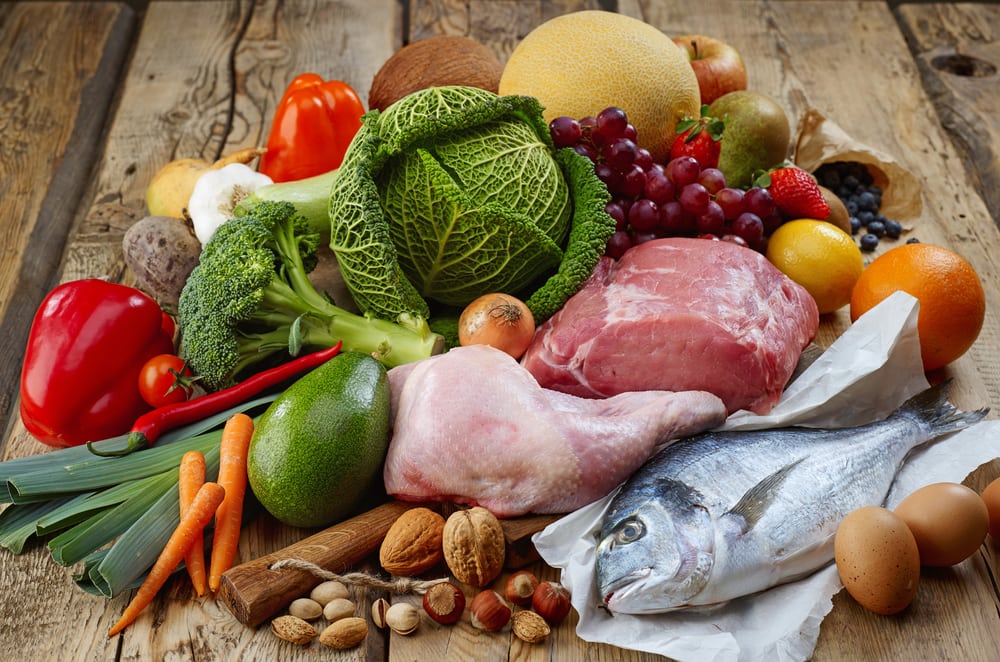OK, maybe not forever, but pretty darn long. Here is the secret to the fountain of youth.
Metformin.
Maybe.
Metformin is a common medication used to treat diabetes and has also been shown to decrease the cellular aging process in mice and other animals. Now it has been approved for human studies to see if it increases our longevity as well. If not, then we will just have a bunch of young mice running around as we continue to age away.
The longevity community is full of excitement that this may be the one drug that pans out and makes a real difference. Not just for the high-profile Silicon Valley CEOs who want to live forever, but for masses of people. The hope is that it will drastically delay the onset of cancer, cardiovascular disease and neurodegenerative diseases. We have been down this road before with resveratrol, so many are tempering their enthusiasm.
But this time may be different! Or so we hope.
How Metformin Works
Metformin helps us lower our glucose production, keep our insulin levels low, and helps our cells respond better to insulin.
It works by activating an enzyme called AMP Kinase, which decreases glucose production in the liver. The key point is that it lowers glucose levels without increasing insulin.
Insulin is a fat storage and potentially pro-inflammatory hormone. It is also associated with an increase in insulin-like growth factor-1 (IGF1), which has been implicated in cancer promotion over the long term. Safely minimizing insulin, therefore, should have direct health and longevity benefits.
Metformin has other actions that directly improve muscle cell sensitivity to insulin. This means our bodies require less insulin to provide us with energy, thus ultimately reducing insulin resistance. In addition, metformin can potentially alter the oxygenation of cells, providing the right balance of oxygen to stave off cellular aging.
Why would this help us live longer?
Lower blood glucose and insulin levels mean lower risk for diabetes, cardiovascular disease, and probably neurodegenerative diseases like Parkinson’s and Alzheimer’s. That certainly seems like a reasonable goal.
In addition, lower insulin and lower insulin growth factor 1 (IGF1) could mean less risk of developing cancer. In fact, studies have shown that those who take metformin have a lower incidence of most cancers. This does not prove that metformin itself reduces cancers, but it certainly makes for an interesting hypothesis that deserves further investigation.
And of course, anything that can slow down cellular aging could be of great benefit for longevity.
We have plenty of data to suggest metformin might be a fountain of youth. Now, we eagerly await the results of the randomized, prospective, placebo controlled trial. The pinnacle of scientific evidence.
In the meantime, what can we do to help us extend our lives?
What Else Has Shown Promise for Longevity?
For starters, don’t smoke. No brainer there.
Also, wear your seat belt.
Don’t text and drive.
Don’t drink and drive.
It may sound like glib advice, but if you want the biggest return on your longevity investment, start there.
Caloric restriction
As the saying goes, caloric restriction may not make you live longer, but it certainly makes your life feel much longer.
Calorie restriction has different definitions, but in general it means cutting your caloric intake by 30-50% or down to about 1500 kcal per day while avoiding malnourishment. If you have tried this, it can be a challenge to do and remain a social being in modern day society.
If living longer means being hungry and grumpy all the time and not being able to socialize, then no thanks. I will pass. As will most of the Silicon Valley elite.
But what can we learn from why long term caloric restriction works?
It turns out, caloric restriction improves insulin sensitivity, sound familiar? It also reduces our metabolic rate and reduces oxidative stress.
Calorie restriction also reduces the activity of a compound called mTorc1. The long name for this compound is mammalian target of rapamycin complex 1. The drug rapamycin has been around for decades as an antifungal and anti-cancer drug, but has now become the new kid on the longevity block. Some believe that the right dosing of rapamycin and/or inhibition of mtorc1 could reduce cellular aging and delay age related diseases.
Interestingly, AMP Kinase (the same mechanism stimulated by metformin) also inhibits mTorc1. When mechanisms combine, that gets scientists really excited. And when scientists get really excited, watch out.
So, in the end, we want to reduce glucose levels while also keeping insulin and IGF1 levels low. We want to reduce oxidative stress. And we probably want to reduce mTorc1.
Metformin can do this. Calorie restriction can do this. Rapamycin might be able to do this.
We Don’t Need Drugs
But guess what? We Don’t Need Drugs to do all that!
If you are sleeping 4 hours per night, you are stressed out, you eat low quality- high carb fast food, and you sit on your arse all day, do you think metformin will help you live longer? Sorry Charlie.
If we have any interest in living longer and living better, we all have to start with the basic and critical elements called lifestyle.
Consistent, restorative sleep improves your cortisol levels, thus improving your glucose and insulin levels.
Managing your stress likewise reduces your cortisol and adrenaline spikes, again maintaining lower average glucose and insulin levels.
High intensity exercise and resistance training increases our mitochondrial activity, which increases glucose utilization, thus decreasing serum glucose and insulin levels.
Then there is nutrition.
This is a big one, and potentially the topic that is more variable from person to person. The key is to eat the minimum number of calories needed for nourishment, while still allowing you to enjoy your life and thrive. Specifically, we need to choose food that will keep our average blood glucose and insulin levels as low as possible.
A few tricks to achieve that:
- Avoid/limit added sugars. Hopefully this is obvious to everyone at this point.
- Avoid/limit processed simple carbohydrates (white flour, packaged snack foods etc.).
- Make low starch veggies (like green leafy veggies, cauliflower, zucchini etc.) the focus of the majority of your meals.
- Liberally add healthy fats (nuts, avocado, olives and olive oil).
- Don’t overdo it on the proteins. We only need 0.36- 0.5 grams of protein per pound of ideal body weight each day. So, if you weigh 180lbs., you only need 65-90gm of protein per day. If you are overweight and weigh 250lbs (but your ideal body weight is around 180 pounds), you still only need a maximum of 90gm of protein per day. So, don’t worry too much about getting enough protein. Instead, make sure you are not eating too much.
Once you have implemented all those lifestyle factors, then and only then should you even start to think about the effects of metformin, rapamycin, or other fountain of youth drugs. The future may be promising for a quick fix to slow the aging process. But one thing will hold true for ever:
The best way to live better and live longer is to make your life worth living.
Live with a purpose.
Take care of yourself emotionally and physically.
Take care of others.
And don’t forget to take care of the earth as well. Our health may just depend on it.
Thanks for reading.
Bret Scher, MD FACC
Cardiologist, author, founder of Boundless Health
www.DrBretScher.com

